In 2007, a man arrived at a small-town hostel in Scotland with a bike and took to his room. Later, after he failed to respond to several knocks on his door, two cleaning ladies discovered him engaged in an act that landed in gray areas of legality and decency, and challenged the definition of the phrase ‘bike enthusiast’. Crafted with equal doses of humour and compassion, The Right to Privacy chronicles this bizarre true story, and makes the compelling case that standing up for human rights ought to be an inclusive endeavour.
The curious case of a man, his bike and their odd act in a hotel room
Director: Alice Nelson
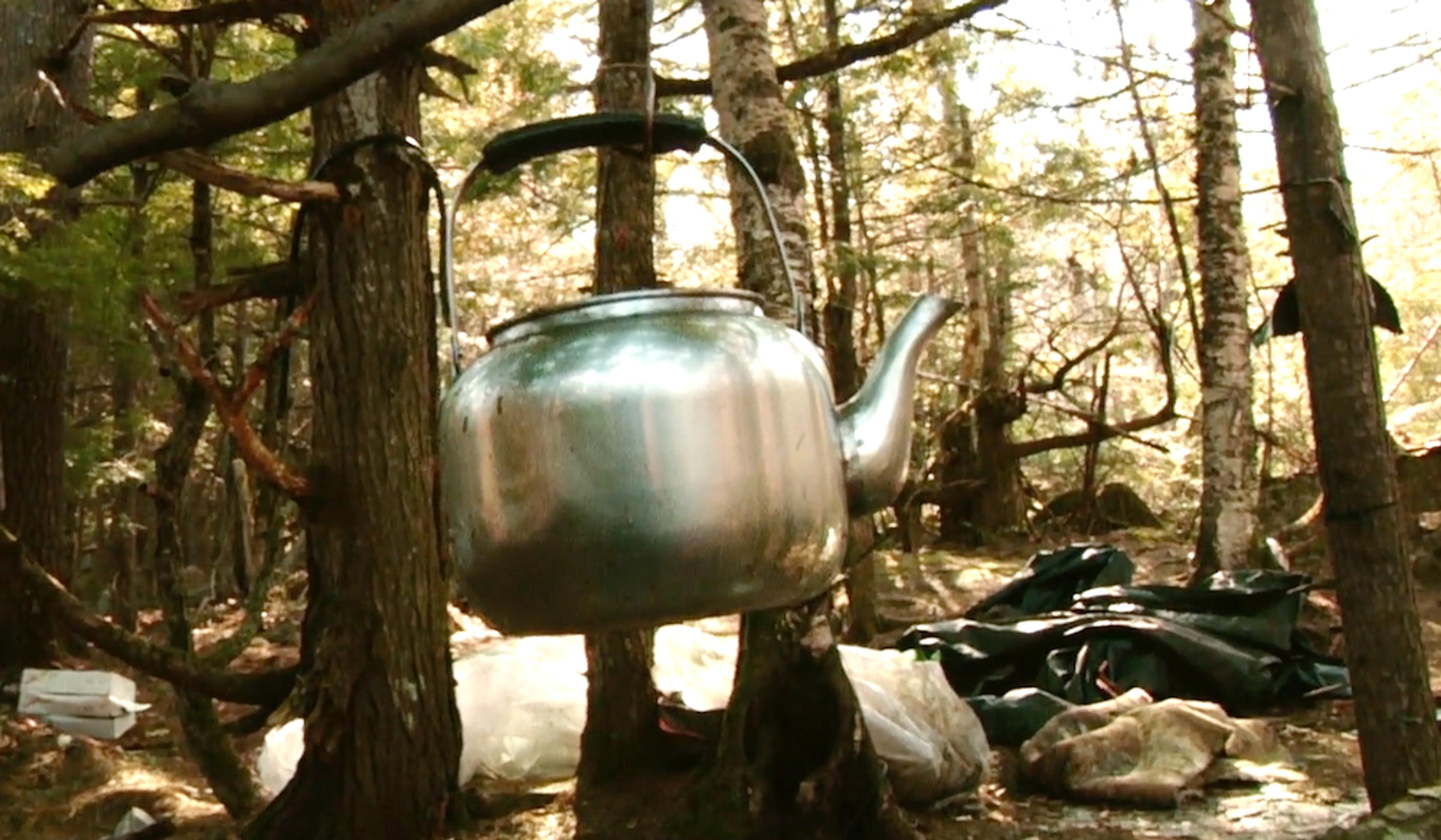
videoSocial psychology
Disturbed loner? Gentle recluse? Opinions on an infamous Maine hermit run the gamut
23 minutes

videoHuman rights and justice
How British police put 16 men in the dock for consensual sadomasochism
15 minutes
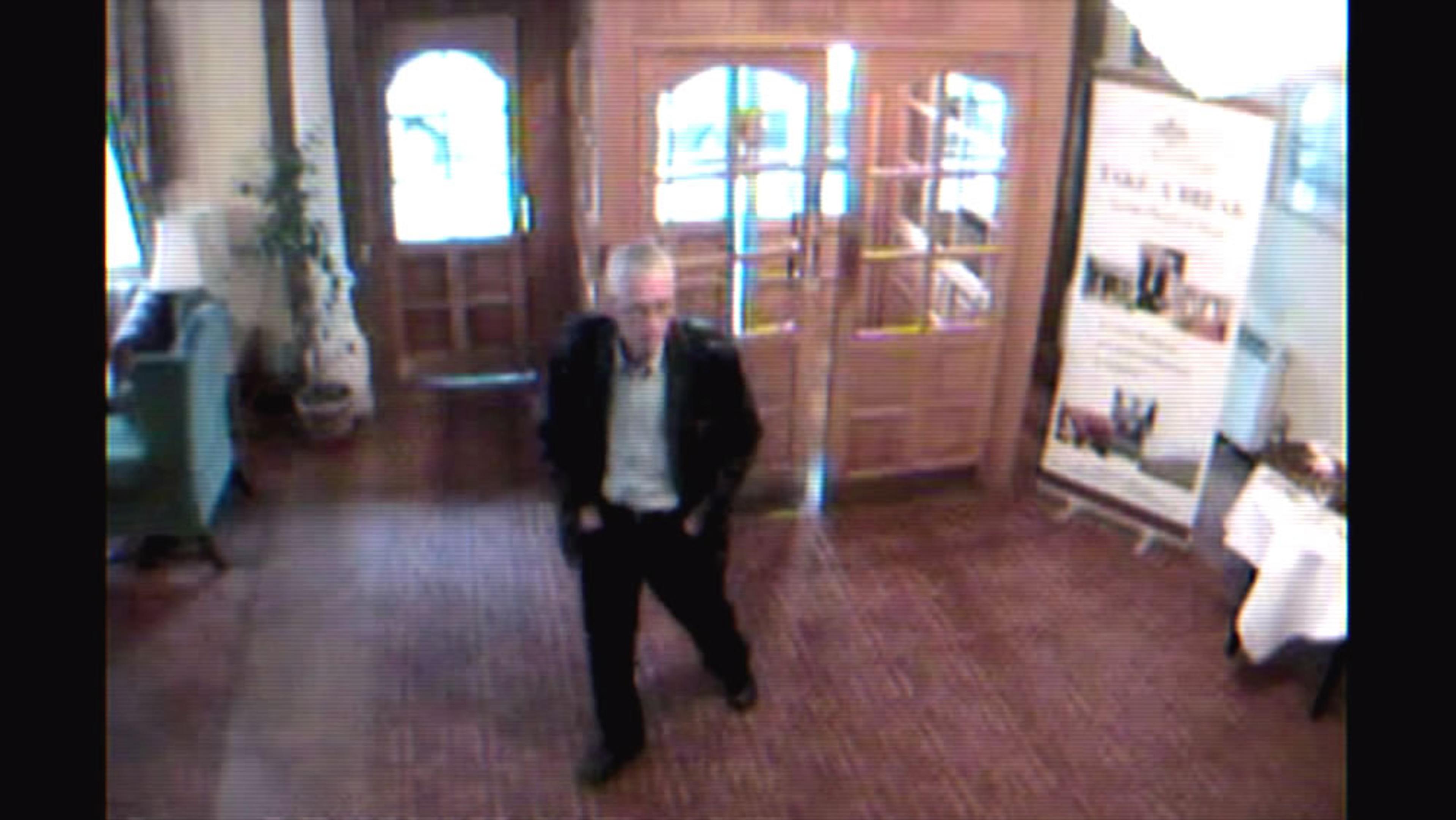
videoDeath
In 2009, a man arrived in an Irish town with a plan to disappear forever
19 minutes
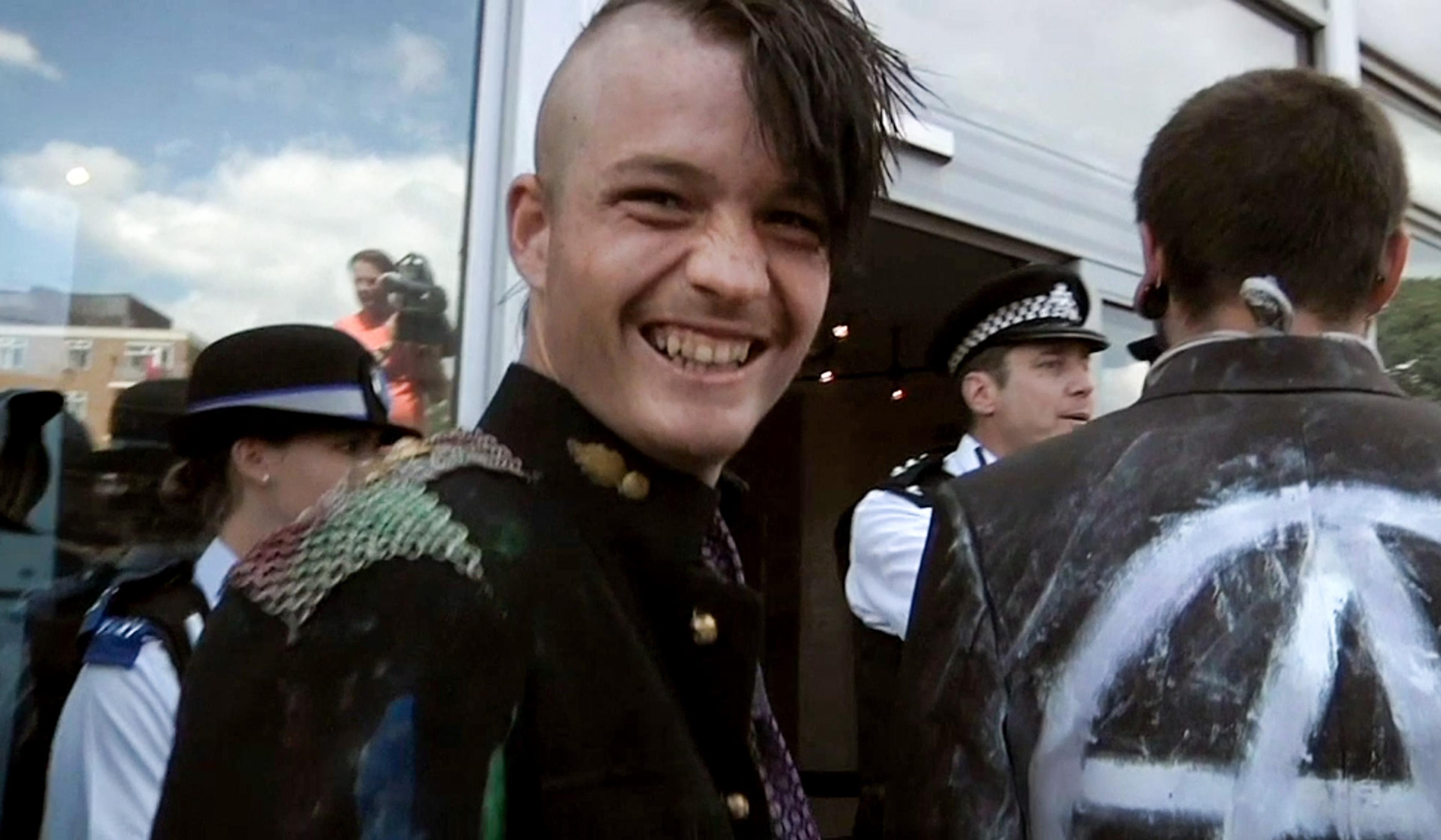
videoFairness and equality
With barely a possession to his name, Rabbit builds a life around fighting corruption
10 minutes
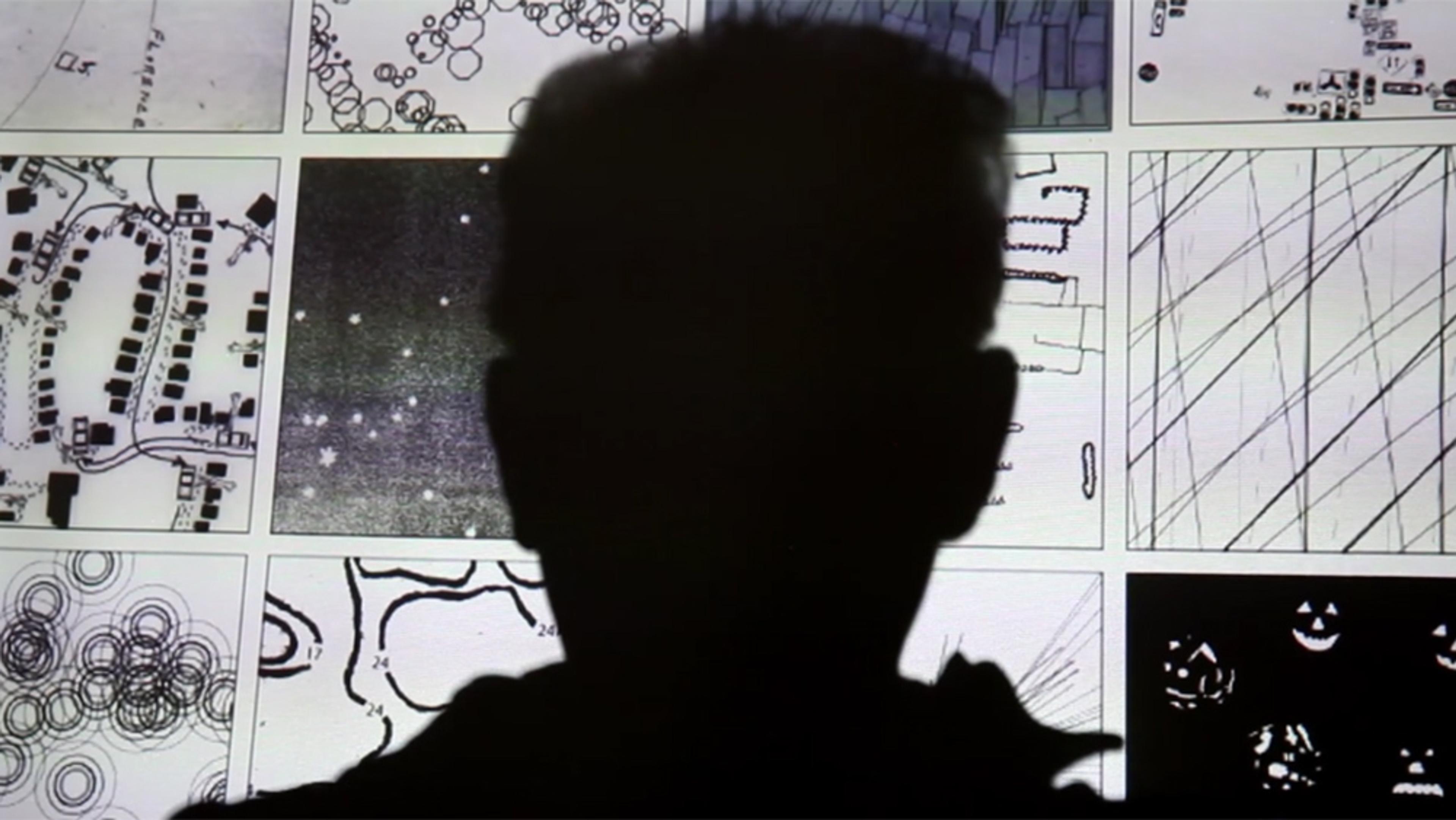
videoValues and beliefs
How scorn for rules made Denis Wood a mapmaking luminary – and a sex offender
23 minutes
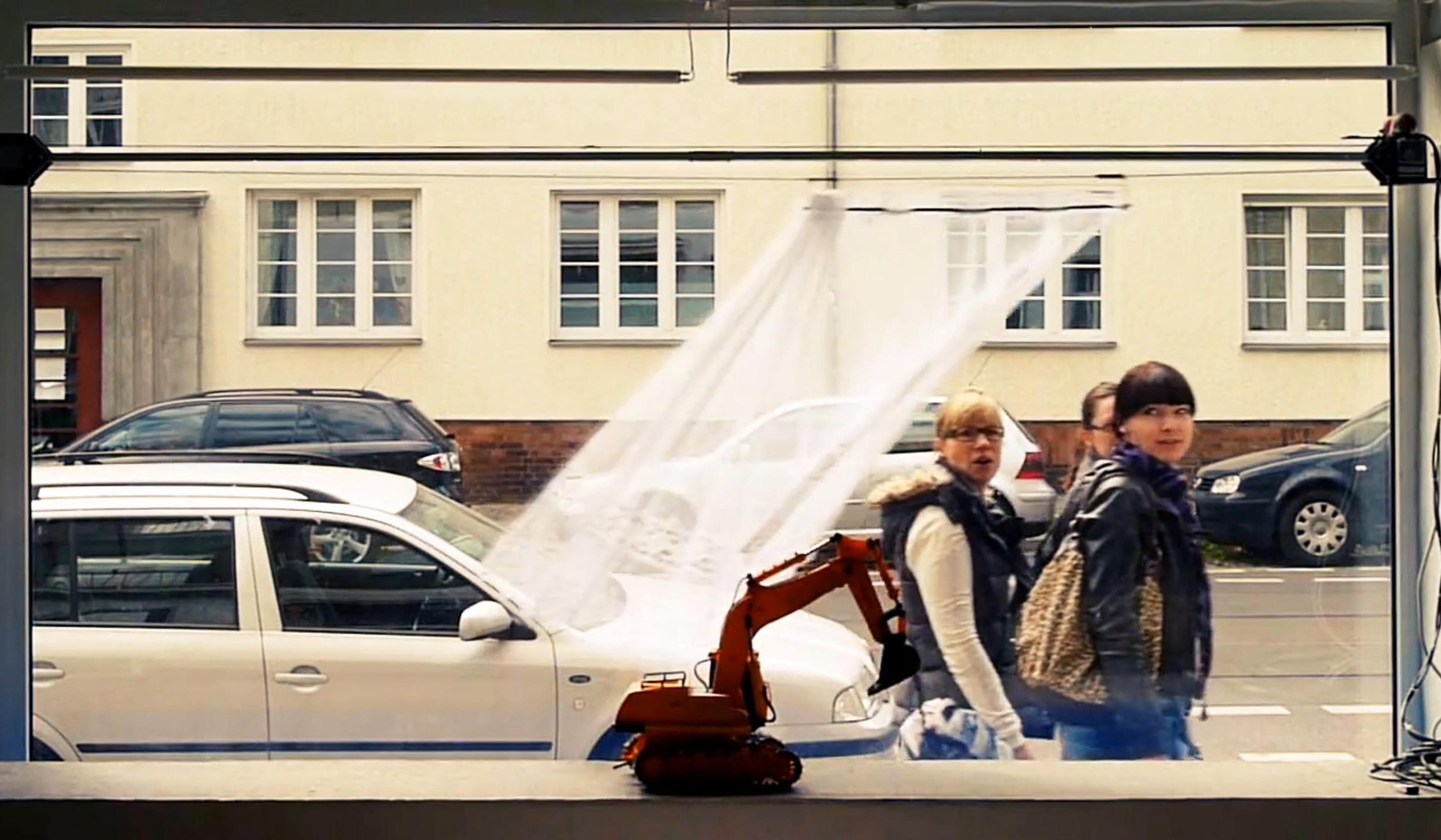
videoTechnology and the self
A curtain that twitches as people walk by creates a delightful paradox of privacy
3 minutes

videoPersonality
Jim Hall, 78, has a blue body – but his outlook on life is more unusual still
8 minutes
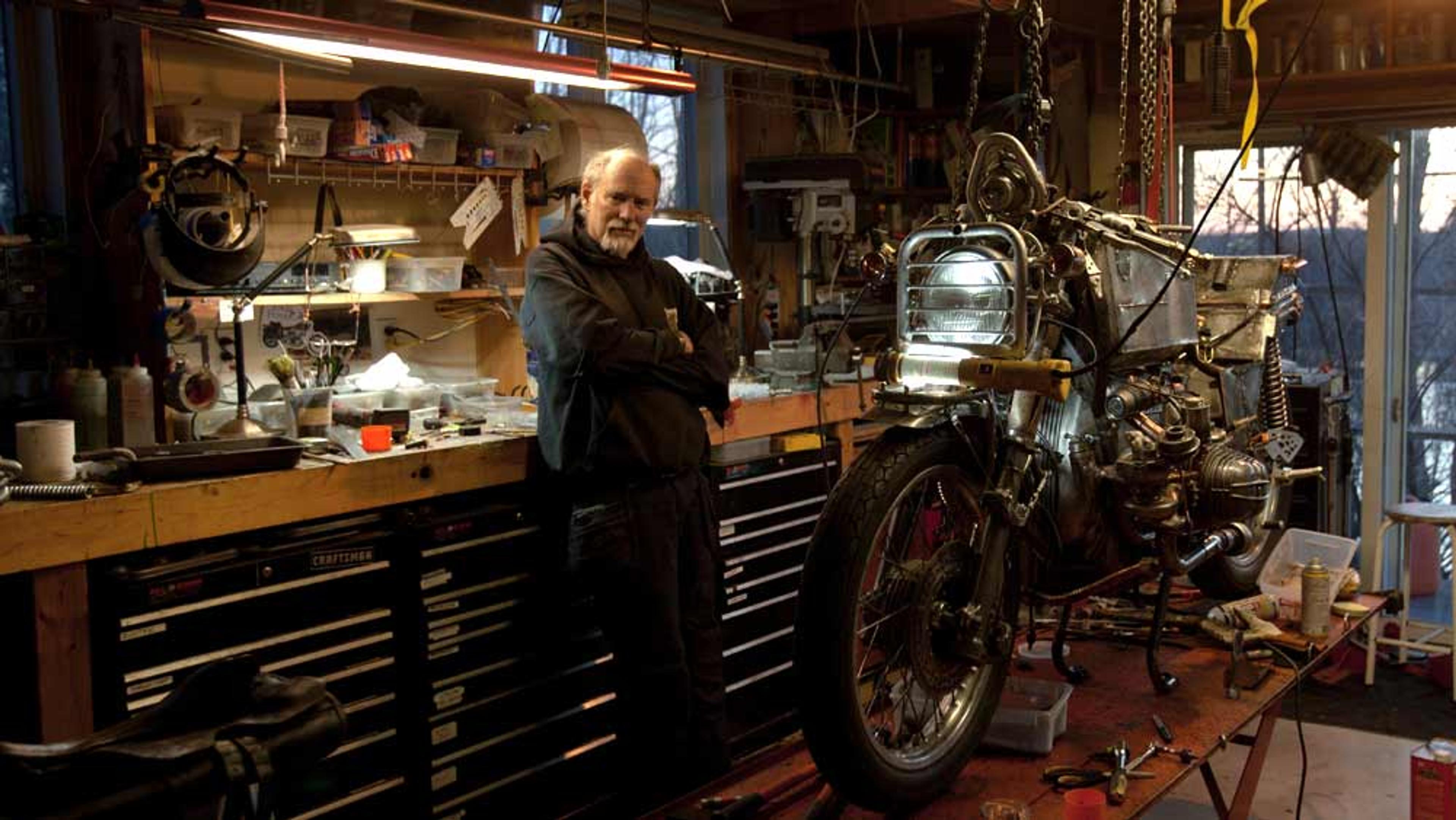
videoSubcultures
To craftsmen, a motorcycle’s inner workings have their own kind of beauty
15 minutes

videoSex and sexuality
After a sextortion scam, Eugene conducts an unblushing survey of masturbation
14 minutes